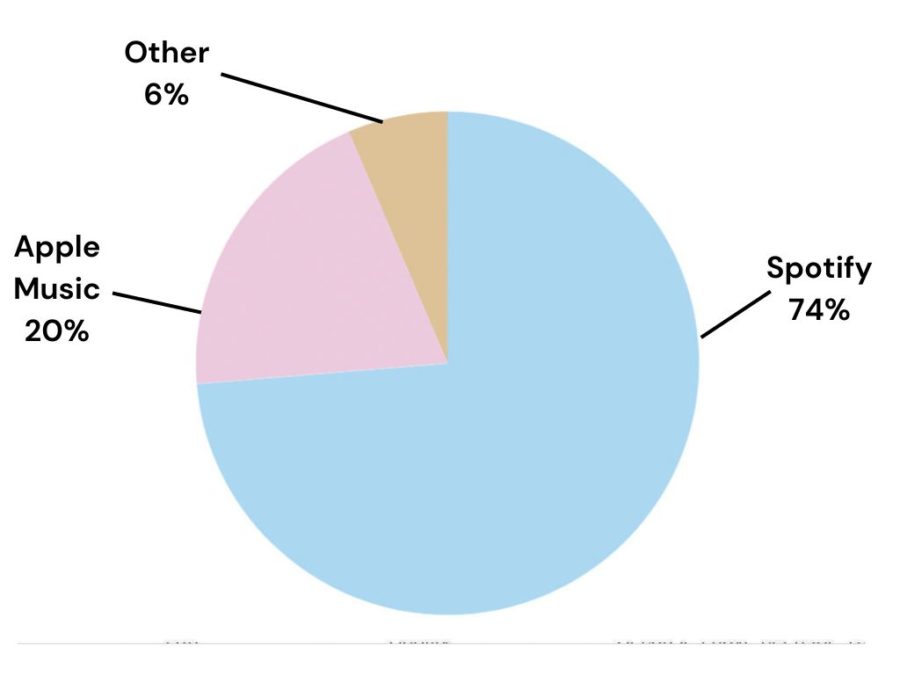“I think we have a serious problem lurking here at Blake- That’s right, our student body has no dogs.” Christopher Chute ‘13 stated in his senior speech. Although he presented his speech in a humorous manner, Chute was definitely onto something.
Looking past the slobber, bad smell, and constantly shedding hair, dogs actually bring many healthy benefits to human lives.
Owning a dog is linked to reduced heart risk because the loving companions reduce stress and motivate their owners to go on more walks. The American Journal of Public Health and the American Journal of Preventive Medicine have proven through studies that children who have dogs spend more time doing moderate to vigorous activity than those who do not have dogs. This increased activity does not just ring true for young people, as dogs even have the magical ability to get their older owners out and about. A study supported by the National Institutes of Health (NIH) followed more than 2,500 older citizens, ages 71-82 for three years and concluded that those who regularly walked their dogs walked at a brisker pace and for a longer amount of time in comparison to those who didn’t. Additionally, older dog walkers had greater mobility around their homes.
Heart risk is also reduced because dogs relieve stress and anxiety. “[My dog] relieves me of stress because she can take my mind off of things going on in my life and dogs are really authentic. They don’t care what you’ve done or what you do.” Eric Stolt ‘16 comments.
This stress and anxiety is reduced in part to the fact that dogs are socialites. They draw attention to themselves just by being cute and therefore give their owners more opportunities to meet new people and maybe even lovers. This boosts one’s health as many studies show that people with more social relationships tend to live longer and are less likely to show mental and physical declines as they age. Dogs even manage to make children with autism more social because autistic children are sometimes better able to relate with dogs, further assisting their interactions with humans.
Dogs also can forewarn a person of a possible health defect. They can easily sniff out skin cancer, and some can even distinguish bladder, lung, ovarian, breast, and colon cancer. Even more incredibly, some trained dogs can detect low blood sugar levels in diabetics. It’s not completely clear how they do it, but it is guessed that they can notice changes in their owner’s smell or miniscule muscle tremors.
Overall, the four-legged superhero often brings its owner happiness, making it easier for them to live a healthy lifestyle. When asked if her dog, Bovey, makes her happier, Sarah Chute ‘18 responded, “Definitely. Because he seems to know how I’m feeling a lot of the times and when I’m sad he’ll come sit by my feet.” Stolt adds, “It’s always nice to have a dog show affection towards you and they’re a constant source of happiness.” Dogs not only excel in being a man’s best friend, but also promote healthier, happier lives for humans.

















